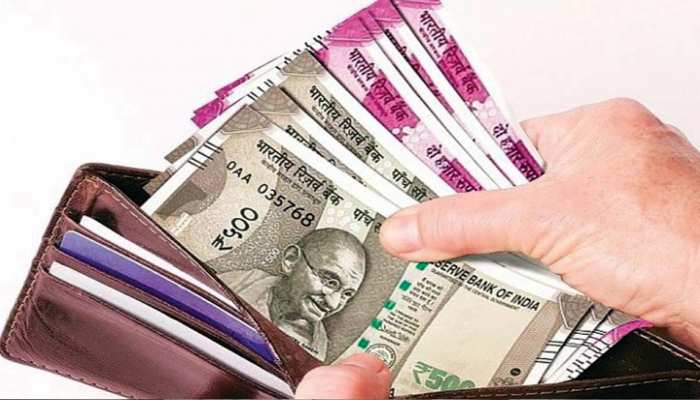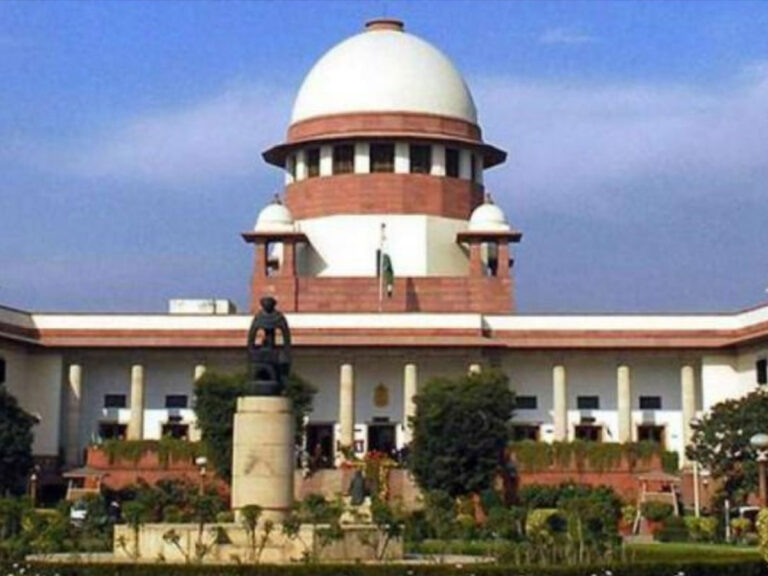
The common man will have to face the increasing tax on many things from the next month i.e. January 1, 2022. Let us tell you that the new year is bringing happiness for you but inflation can bother you a little. From buying clothes and shoes and slippers to ordering food online, it is going to be very expensive.
- GST rates going to increase on clothes, shoes etc.
- Your pocket’s burden is going to increase from January 1
- People unhappy with increase in GST rates
New Delhi: In India, from the beginning of next year, that is, from January 2022, the burden on everyone’s pocket is going to increase. The common man will have to face the increasing tax on many things from the next month i.e. January 1, 2022. Let us tell you that the new year is bringing happiness for you but inflation can bother you a little. From buying clothes and shoes and slippers to ordering food online, it is going to be very expensive.
- GST rates will increase
Actually, from January 1, the rate of GST on readymade garments will increase from 5% to 12%. This will increase the prices of readymade garments. Textile traders say that the increase in GST will affect the retail business badly. Traders associated with the trade of readymade are opposing the increase in GST. However, the government is in no mood to back down from its decision. In such a situation, customers will have to pay more money to buy ready-made garments from the new year. The new change in this tax slab will be applicable from January 1, 2022.
- People unhappy with increase in GST rates
Common people are also not happy with the increase in GST rate. People say that due to the increase in GST, the rates of clothes will increase significantly, which the common man will have to face a lot of problems. Traders are already troubled during the Corona period. There is no work in the market at all, after the increase in GST, the trader will be more upset.
- This is how the tax slab will change
It is worth noting that till now footwear costing up to Rs 1,000 comes under 5% GST, but 18% tax is levied on the soles, adhesives, colors etc., due to which the Inverse Tax Structure is applicable. It happens. Apart from this, 12% tax is levied on leather. Due to this input tax credit has to be taken and the government has to issue refund. In the case of footwear, the government has to give a refund of about Rs 2,000 crore annually. In fact, the change in the duty structure on footwear, clothing and fertilizer was to be done in June last year itself but was postponed due to the Corona epidemic.
- Online food will be expensive
Apart from clothes and shoes, if you are also fond of ordering food online, then your pocket is going to be hit hard. Because from January 1, companies will also have to pay tax on ordering food from online food delivery apps Zomato App and Swiggy App.
- Companies will charge money from customers
Food delivery apps will also attract 5% GST from the new year. However, this is not going to make any difference to the users as it has already been cleared that the government will not collect this tax from the customers, but from the app companies. But it has always been the case that if there is any burden on any company from the government, then the app companies somehow collect it from the customers in some way. In such a situation, the new year is going to be heavy for the online food orderers.






